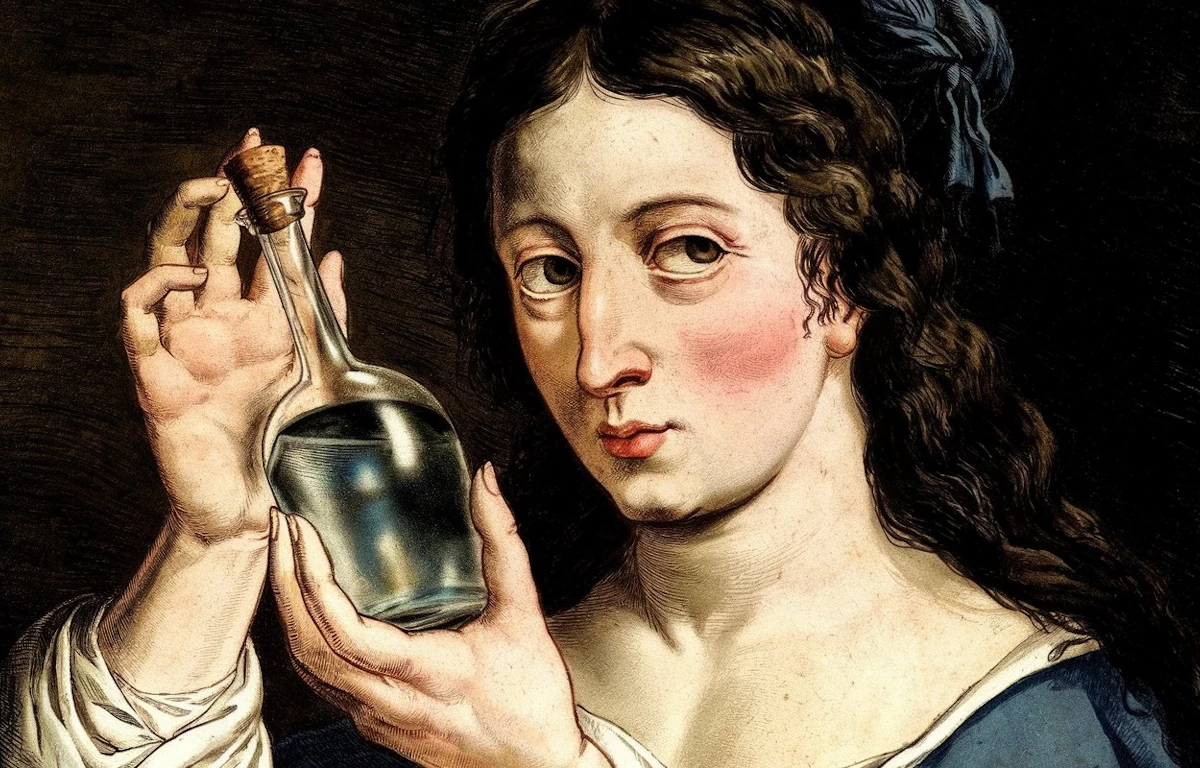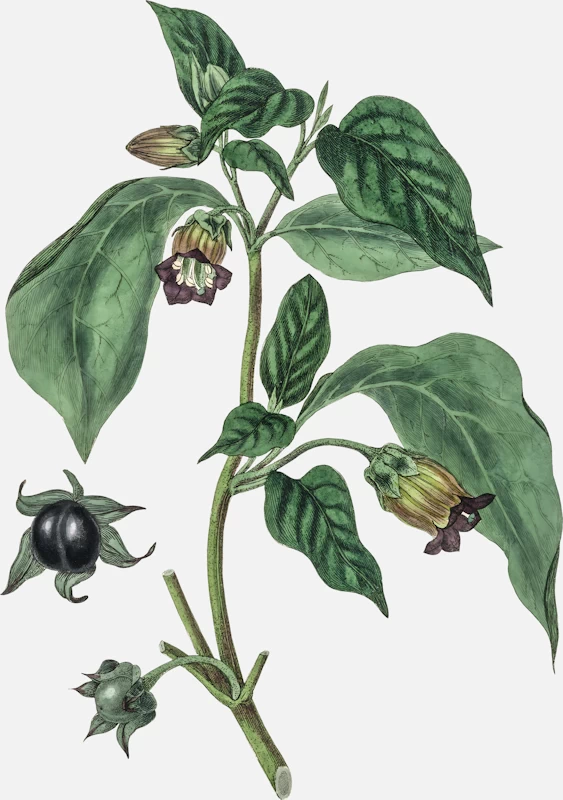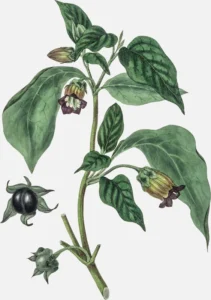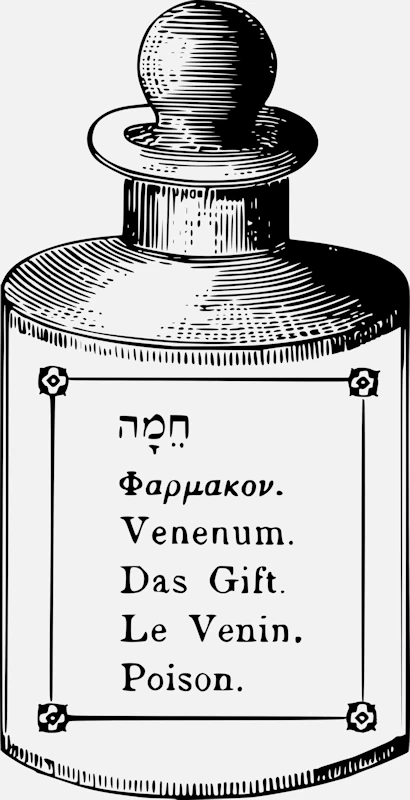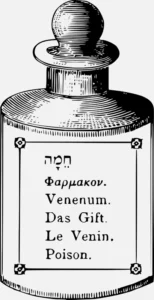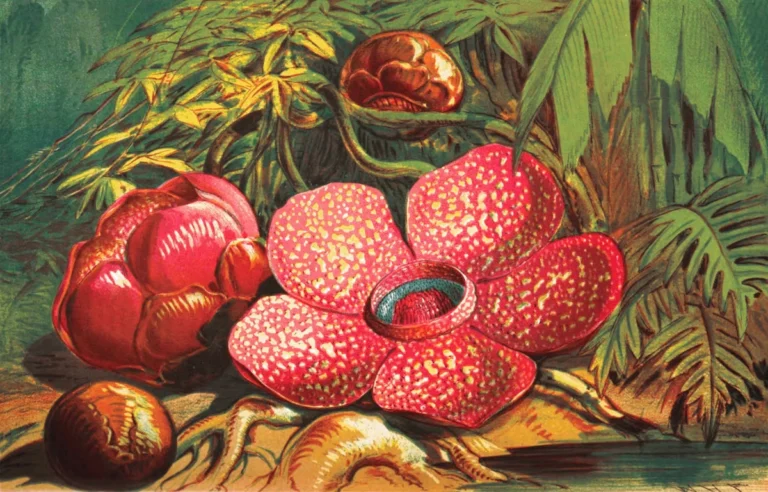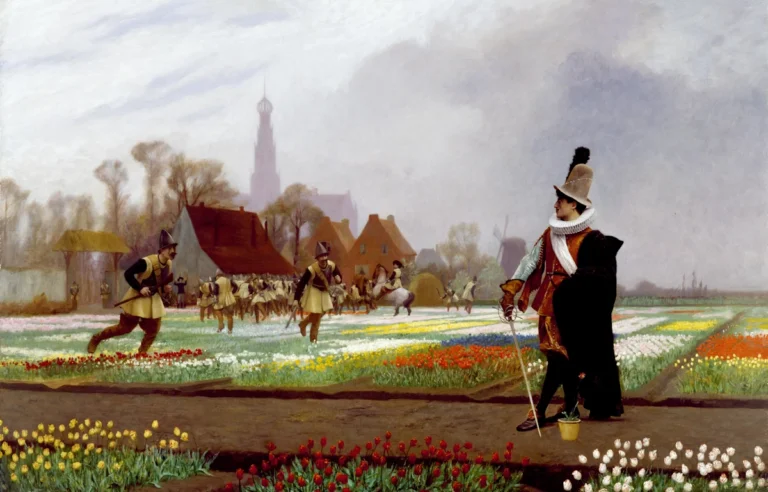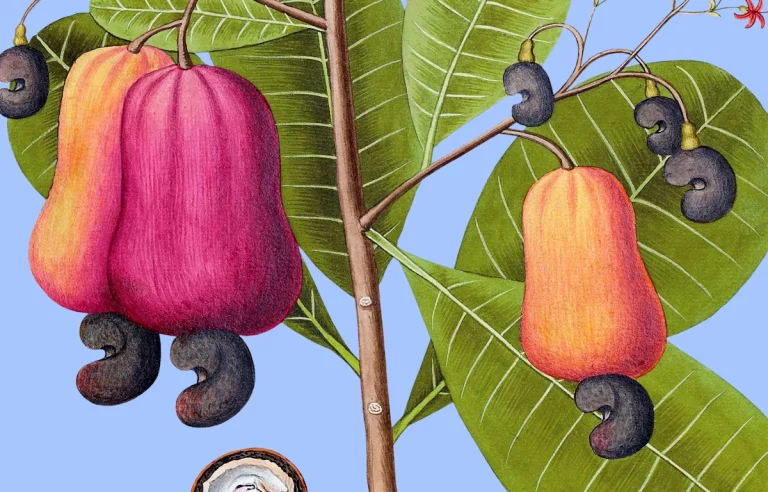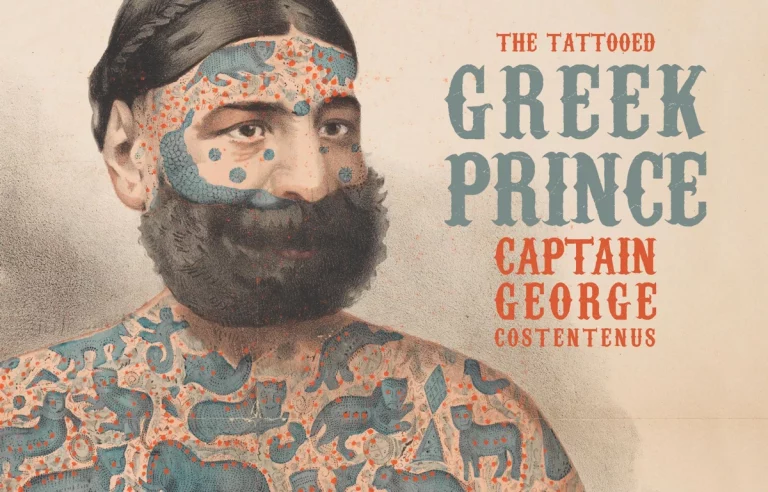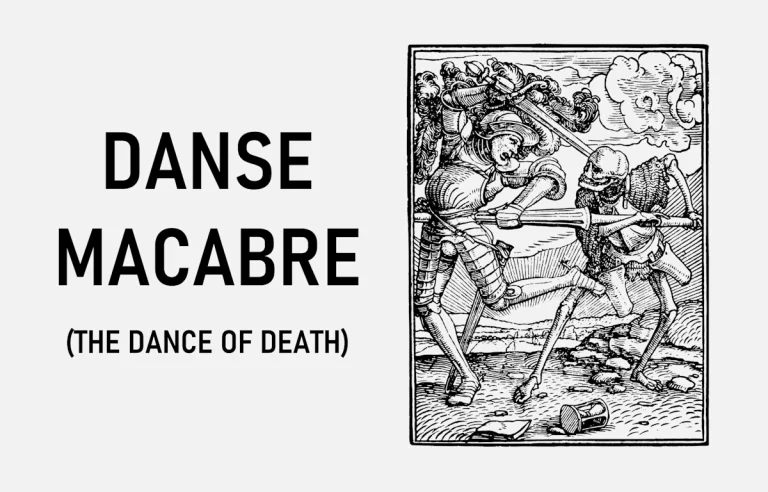Aqua Tofana: The 17th Century's Most Lethal Secret
Imagine living in 17th century Italy. If you were a woman back then, your options for escaping a dreadful marriage were slim. Women were bound by strict societal norms that granted them little autonomy. Divorce was unthinkable under the Catholic Church’s strict doctrine, and women were expected to endure their roles as obedient wives regardless of their circumstances. Running away was equally implausible, as it would lead to shame, poverty, and often persecution. Trapped by these rigid constraints, many women saw no escape from their grim reality. But what if there was something that could make your problems go away for good? A little bottle that offered hope. That’s where Aqua Tofana comes in—the poison of choice for women who were trapped in abusive, unhappy or dangerous marriages.
For those women who felt they were in a never-ending nightmare, this sneaky little potion was like a secret escape plan. It was a way to change the script of their unhappy life without needing a hero to rescue them—just a hidden bottle and a lot of nerve.
The Mastermind and the Poison
Legends suggests that Aqua Tofana may have been invented around 1630 by Teofania di Adamo, a woman executed for poisoning her husband. Giulia Tofana (who may have been Teofania’s daughter) refined the recipe into a deadly masterpiece.
Aqua Tofana itself was as ingenious as it was lethal. The poison was a clear, odorless, and tasteless liquid, making it virtually undetectable. It was often disguised in small, unassuming containers such as makeup bottles or vials labeled as holy water, allowing it to be easily concealed and used discreetly. Historical accounts suggest that its ingredients may have included arsenic, lead, and belladonna—substances that, when combined, produced a slow-acting toxin that mimicked the symptoms of common illnesses.
Giulia built an underground empire that operated in the shadows of a society hostile to women’s independence. With a network of female allies, she distributed Aqua Tofana across Italy, instructing women on its use with remarkable precision. They learned how to mix the poison into food or drink, ensuring it left no trace that could lead back to them. In a time when women had little agency, Giulia provided a dark and dangerous form of empowerment, albeit one that came with devastating consequences.
The Victims of Aqua Tofana
The men who fell victim to Aqua Tofana had no inkling of their fate. This cunning poison didn’t act quickly, but unraveled its effects over time. At first, the symptoms were subtle—a bit of fatigue, nausea, a nagging stomachache. To those around them, it seemed like a common illness, such as the flu or a stomach bug. Days or weeks might pass, and the symptoms would worsen. By the time the victim died, no one suspected foul play. In an era when medical knowledge was limited and illnesses were poorly understood, doctors often misdiagnosed these deaths as the result of natural causes. Families, though puzzled, rarely questioned the explanations given by physicians.
The poison’s stealthiness cemented its reputation as the most discreet weapon of its time. Estimates of its death toll vary wildly, ranging from hundreds to thousands, but the true number remains a mystery. What is certain, however, is Aqua Tofana’s chilling effectiveness as a tool that allowed its users to rewrite their fates, even as it left a trail of victims who never saw it coming.
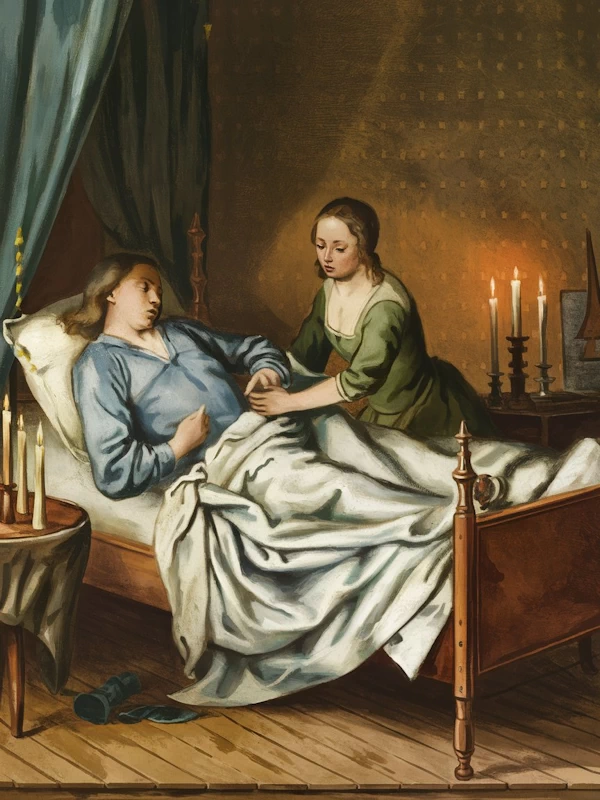
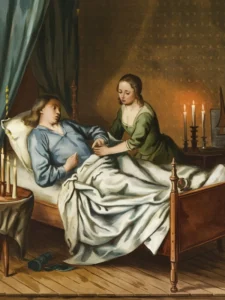
The Fall of Giulia Tofana
Every good crime story has a downfall, and for Giulia Tofana, it came in the 1650s. According to one story, a woman who had bought Aqua Tofana to use on her husband suddenly changed her mind. She didn’t want to go through with the murder anymore. Scared, she confessed everything to a priest who turned the case over to the authorities. It’s like something out of a thriller novel, where one person’s change of heart leads to the unraveling of an entire criminal enterprise.
Giulia Tofana’s arrest and eventual execution were the dramatic end to her dark career. Her confession under torture, including claims of over 600 deaths, painted a chilling picture of her influence. Whether that number was exaggerated or not, it was enough to seal her fate. Giulia and her accomplices faced a grim end, but her legend didn’t die with her. It lived on, a testament to a dark chapter in history where desperate measures met deadly results.
The Legacy of Aqua Tofana
Once word got out that women were poisoning their husbands, fear and suspicion ensued. The trust between partners was severely strained during this time of heightened paranoia. Men became wary of their wives, wondering if a simple meal or drink might be their last.


